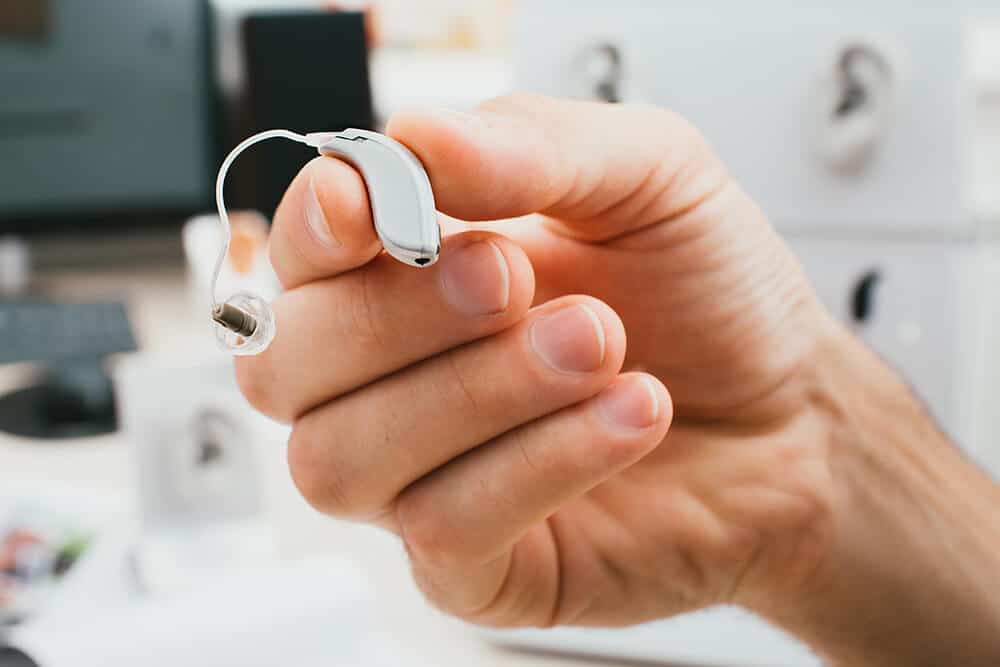Tinnitus Treatment

What Is Tinnitus?
It is not a disease in itself, but a symptom which can come from a number of underlying causes. While about 15% of people experience tinnitus, it is rare for an underlying cause to be identified with surety. The most common form is a—high-pitched ringing—can stem from exposure to loud noise, hearing loss, certain medications, or acoustic neuroma.
Some people are not bothered by it, while others may be debilitated by it. The more extreme the tinnitus, the more likely a person is to have a stronger negative reaction to it. Some people have trouble sleeping as a result of it, and may be distracted during the day.
Medical Treatments for Tinnitus
In cases where an underlying cause can be established, a doctor or surgeon may be able to successfully treat tinnitus. While it is less common, some cases of tinnitus may be caused by anomalies such as:
- Excess Earwax - Earwax that builds up deep inside the ear canal can produce tinnitus. When the earwax is removed, the tinnitus may subside. It is worth noting that, most of the time, earwax does not need to be removed but should be allowed to evacuate the ear canals on its own, through the acts of talking and chewing. You should never insert an object into your ear—this can push earwax deeper into the canal or potentially perforate the eardrum.
- Blood Vessel Condition - Those who experience tinnitus as a rushing, humming or pulsing sound—especially when exercising, lying down, or standing up—may experience their tinnitus due to high blood pressure or another blood vessel issue. In treating the blood vessel condition, tinnitus may subside.
- Changing Medications - Especially if it started when you went on a new medication, it may be possible to identify a prescription or OTC medication as the underlying cause. It may be that switching to a different medication or changing the dosage will alleviate the problem.
Tinnitus Due to Hearing Loss
Most cases are accompanied by hearing loss, though some people have it without hearing loss. It is thought that hearing loss may promote tinnitus because the damaged stereocilia in the inner ear continue to “leak” signals to the brain, presenting the commonly heard “ringing” sound.
In cases where hearing loss and tinnitus are both present, hearing aids are usually an effective treatment for the daytime. Hearing aids, by raising the level of environmental sounds, help to cover up or “mask” the sound of it. Many hearing aids even have a special tinnitus treatment program that can be engaged when necessary. This can help mask the sound of tinnitus while not obscuring frequencies commonly associated with human speech—so you can cover up the sound of it while still being able to hear others speak clearly.

